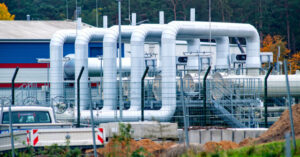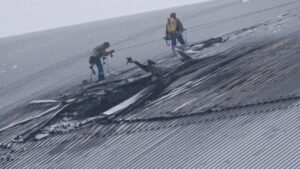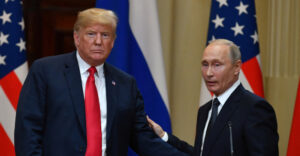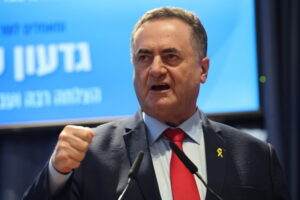Europe is purchasing Russian natural gas at an unprecedented rate in 2025, spending billions of dollars that the Kremlin can use to finance its war in Ukraine. This comes just weeks after the expiration of a significant transit agreement raised hopes that the Old Continent might sever its dependence on Moscow.
As reported by Politico, data from the company Kpler revealed that the 27 EU member states imported a total of 837,300 metric tons of Russian LNG, marking an increase from the 760,100 tons recorded during the same period the previous year. This increase has sparked concerns that Western countries are failing to exert sufficient pressure on Russia as the war enters its fourth year.

What led to this increase?
The surge follows the expiration, on January 1, 2025, of a key agreement that had allowed the transit of Russian natural gas through pipelines crossing Ukraine. Kyiv refused to extend the agreement, increasing the need for LNG imports via sea from Russian ports.
Some countries, such as Slovakia and Hungary, which relied on this pipeline for energy supply, had pushed for the renewal of the agreement, warning that without it they would be forced to turn to more expensive alternatives, such as LNG. Slovakia’s pro-Russian Prime Minister, Robert Fico, even threatened to cut off electricity supplies to Ukraine and reduce support for Ukrainian refugees if Kyiv did not allow the transit to continue.
However, the pipeline’s cessation does not appear to have curbed the EU’s overall appetite for Russian gas. According to Kpler LNG analyst Charles Costerus, a “perfect storm” of factors explains the ongoing demand. “There was a cold snap from mid-December, while wind energy production was low,” he explained. “Thus, there was a need to maintain LNG flows.”
Additionally, 95% of the imports come from the Yamal plant in Siberia, with most shipments covered by long-term contracts that leave little room for reducing imports.
The European Commission’s Response
European Commission spokesperson Anna-Kaisa Itkonen acknowledged that, despite efforts to reduce dependence on Russian energy, Russian natural gas remains a significant presence in the EU.
“Our efforts have already reduced Russian influence on the European energy system. However, the ongoing presence of Russian gas, particularly LNG, is a serious cause for concern,” she stated, announcing that the Commission intends to present a “roadmap” for the complete elimination of Russian energy by the end of February.
Calls for Sanctions
Ten EU member states have already called for sanctions on Russian LNG imports, emphasizing that Moscow’s energy resources are directly linked to financing the war.
“Russia’s ability to sustain the war relies heavily on its energy revenues,” reads a leaked joint letter. “We need to take a decisive step by banning imports of Russian natural gas and LNG as soon as possible.”
Pressure from the United States
Meanwhile, the United States is urging the EU to purchase more American LNG. Newly elected U.S. President Donald Trump has already stated his intention to increase U.S. natural gas production, using the slogan “drill, baby, drill,” and boost exports to Europe.
European Commission President Ursula von der Leyen recently expressed support for increasing LNG imports from the U.S. “Why not replace it with American LNG, which is cheaper for us and lowers energy prices?” she remarked in November.
The debate over Russian LNG imports is expected to intensify in the coming months as the EU tries to strike a balance between energy security and economic pressures amid the ongoing war in Ukraine.
Ask me anything
Explore related questions





